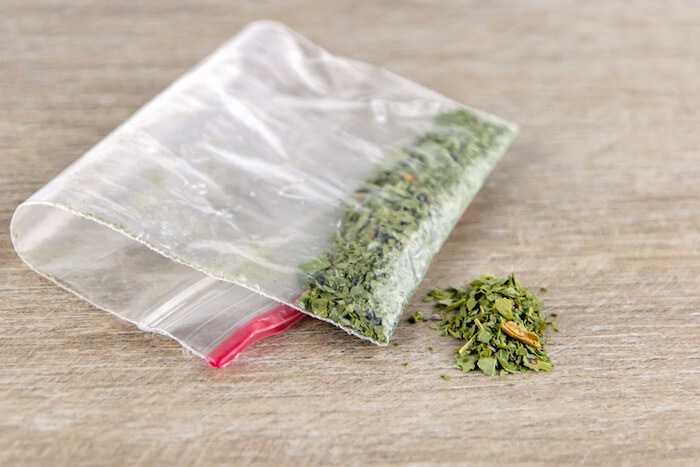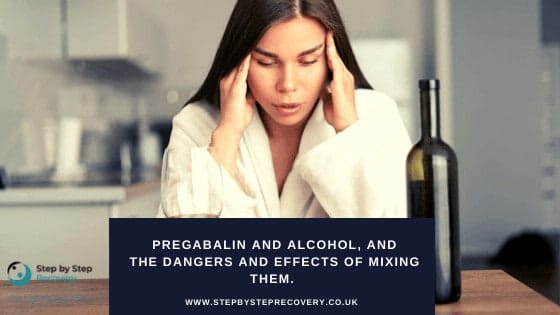Deciding you have a substance use disorder (SUD) and need help is a huge step in your recovery from addiction, but it is normal to feel nervous and wonder what happens in drug rehab. At Step by Step London outpatient addiction clinic and residential rehab in Essex, we want to make the process of choosing the right treatment and living life free from the life-changing effects of addiction as simple as possible.
In this post, we will explain how rehabs work. In addition, if you would like to talk with our team, you can call us on 0800 1701222 for confidential, free advice about finding the right addiction treatment for your needs.
Types of Addiction Treatment
There are basically two types of addiction treatment: outpatient and inpatient (often referred to as residential rehab).
Outpatient Addiction Treatment
Outpatient rehab can be accessed through the NHS or privately. You will typically receive a medically assisted detox at the start of your addiction treatment. This will normally involve you attending the clinic daily for drugs that will help relieve your withdrawal symptoms. The detox period will vary depending on the substance you are addicted to, the amount you have been using and for how long. On average, a medically assisted detox for alcohol will take seven to 10 days and for opiates up to 21 days.
Once your detox period is complete, the next stage of your outpatient addiction treatment will depend on whether the NHS or a private facility is treating you. If you have been using NHS addiction services, you will be provided with details of services and charities where you can receive support. This will be provided on set days and times and it will be completely up to you to attend.
At a private addiction centre, you are provided with counselling and a range of rehabilitative therapies. Some private clinics will provide structured daily schedules with therapy. You attend the clinic all day and then return home in the evening. Alternatively, you may only want to attend the clinic for therapy sessions in the morning or afternoon. Choosing private addiction treatment will give you consistent support and access to counsellors and therapists.
Inpatient Addiction Treatment
Inpatient addiction treatment is generally called residential rehab and is much more difficult to access through the NHS. This is because the NHS does not have residential rehab centres and you have to apply for funding from the NHS, to go to a private rehab. To be referred for NHS funded residential rehab you will either need to approach your GP or you can approach your local NHS drug treatment service yourself.
Once referred to the drug and alcohol team (DAAT); an assessment of your needs is done and outpatient treatments are offered. You will only be referred for residential rehab once you have tried outpatient community treatments, and they have not worked. Sadly, this can take many months or even years and you will have limited, if any, choice of the rehab you attend.
However, you can choose where you want to go when you pay to attend a private residential rehab centre. This means you can ensure the staff-to-client ratio is high and you will receive individualised treatment. Additionally, you will be able to choose the length of your treatment. Generally, the most popular treatment time in residential rehab is 28 days. You may also be able to arrange a same-day admission.
Residential rehab will normally start with a medically assisted detox. As you will sleep at the residential rehab facility, you will have 24-hour access to medical support. Once you have detoxed, you will have structured days with therapy and activities. Typically, one-to-one and group sessions and multiple therapies are incorporated into an addiction treatment programme. You may also participate in supervised social activities, such as going to the cinema or beach walks, and holistic activities, such as meditation and yoga.
All your meals are provided, generally in a communal dining area at set times and in the evening, you can relax in a lounge area. Depending on the rehab and your own preference, you might share a room or have your own room to sleep in.
In general, all addiction treatment programmes are designed to teach you how to live your life without drugs or alcohol. However, not all residential rehabs provide individualised addiction treatment based on specific needs. Research has shown that individualised addiction treatment plans help clients attending residential rehab to have a higher chance of maintaining long-term sobriety.
Choosing a residential rehab appropriate to your distinct circumstances and the reasons you have developed an addiction is critical. The most important question you should ask is if they will evaluate your particular needs and challenges to create a personalised addiction treatment programme for you.
What Does a Typical Day in Residential Rehab Look Like?
What happens in drug rehab will depend partly on the residential rehab centre you decide to go to. That being said, a typical day in residential rehab for someone over 18 may look something like this:
- Wake up and dress ready for breakfast in a communal dining area
- Morning group therapy sessions or one-to-one counselling
- Free time to take part in holistic activities or relax
- A medical check-up with clinicians
- Lunch in a communal dining area
- Afternoon group therapy sessions or one-to-one counselling
- Recreational activities, such as supervised beach walks or art sessions
- Dinner in a communal dining area
- Evening social activities, such as watching a film or a quiz
- Shower or bath and bed.
A set routine and socialising are essential in residential rehab. This is why generally, in most rehabs, meals will be served in a communal dining area at set times. The majority of rehabs will also have a set time for you to go to your room at night.
Residential Rehab vs Outpatient Addiction Treatment
What happens in drug rehab will depend on whether you have outpatient addiction treatment or attend a residential rehab centre. Residential rehab is widely considered to be more effective than outpatient addiction treatment. But if you can’t attend residential rehab because of your daily responsibilities or children, outpatient addiction treatment can also be effective.
Both will provide a medically assisted detox and access to support to help you remain free from addiction. The most important thing is to go somewhere and get help if you have an addiction to drugs or alcohol.
Trying to stop using drugs or alcohol without assistance is extremely challenging. You go through withdrawal symptoms without any medication and once you have detoxed, maintaining sobriety on your own is incredibly hard.
At Step by Step, we know how difficult it can be to seek help for addiction, so we offer free advice and help if you are worried about addiction. Please complete our online assessment form or call our free phone number on 0800 170 1222 to speak with our friendly team without any pressure.




